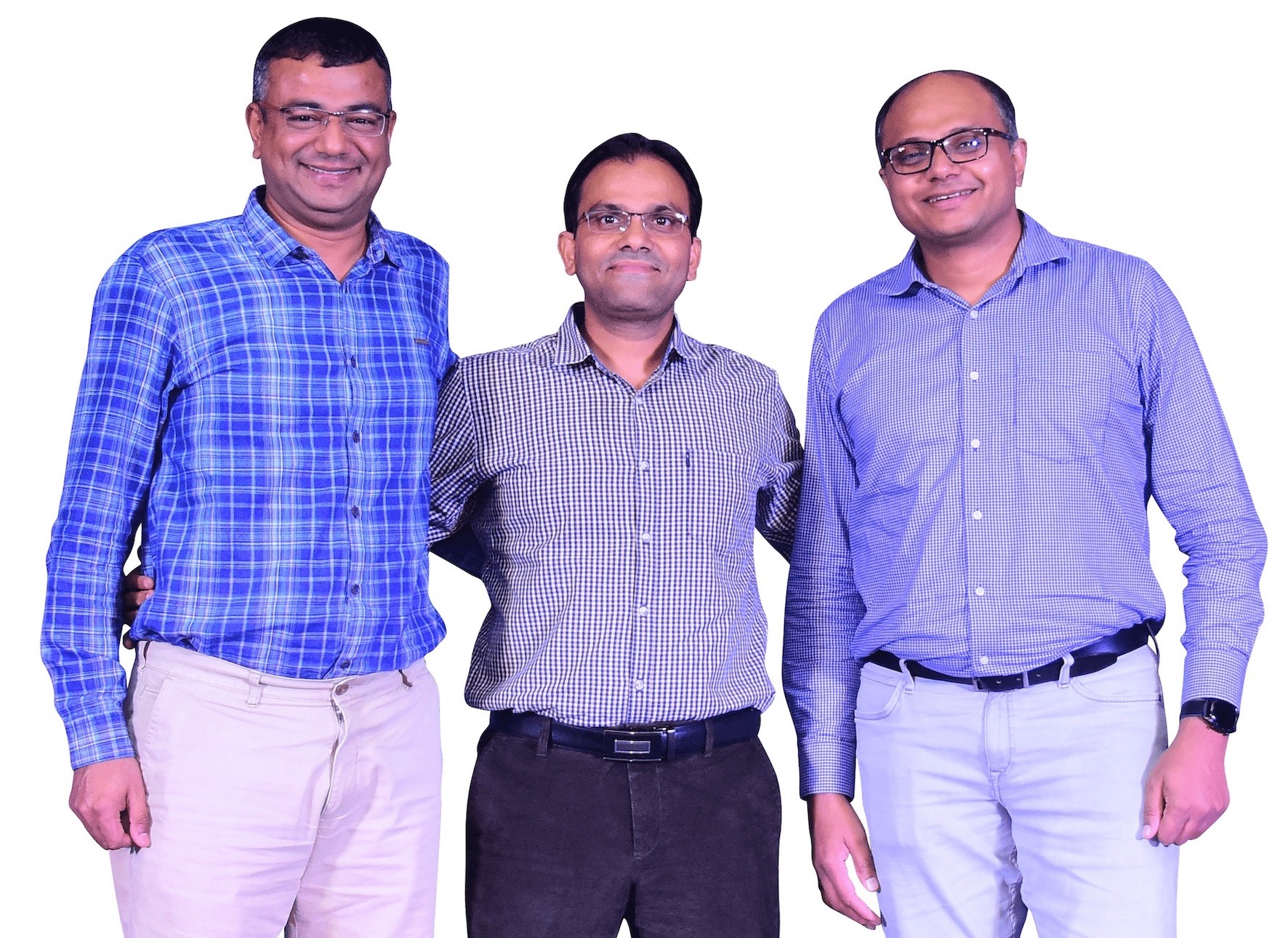Funding Rounds
-

Indian Fintech Startup OneCard Raises $100 Million In Funding, Attaining Unicorn Status
Indian fintech company OneCard has attained unicorn status after its latest funding round, which valued the company at a whopping $1.4-billion. This valuation makes the company India’s 104th member of the country’s club of unicorns. …
-

Blockchain Unicorn Animoca Brands Raises US$75 Million At A $5.5 Billion Valuation
Hong Kong-based blockchain gaming firm Animoca Brands announced today that it had raised $75-million at a $5.5-billion valuation even as the markets suffer from the collapse in cryptocurrency prices. The latest funding round is Animoca’s…
-

Unicorn Edtech UpGrad Doubles Valuation After $225 Million Funding Round
India-based edtech unicorn that was founded by Ronnie Screwvala, a cable TV-era entrepreneur has doubled its valuation after raising $225 million in its latest funding round. The latest funding round included billionaire James Murdoch’s Lupa…
-

LeadSquared Raises $153-Million In Funding Round To Attain Unicorn Status
India-based SaaS startup, LeadSquared recently announced that it has secured an investment of USD $153-million in a Series C funding round from WestBridge Capital. LeadSquared is headquartered in Bengaluru, India alongside its presence in the…
-

China-Based MegaRobo Raised $300 Million In Series C Funding Round
MegaRobo Technologies is a China-based company that uses robotics and artificial intelligence for life science research. The company has recently led a Series C funding round which was led by Goldman Sachs’ private investment arm,…





